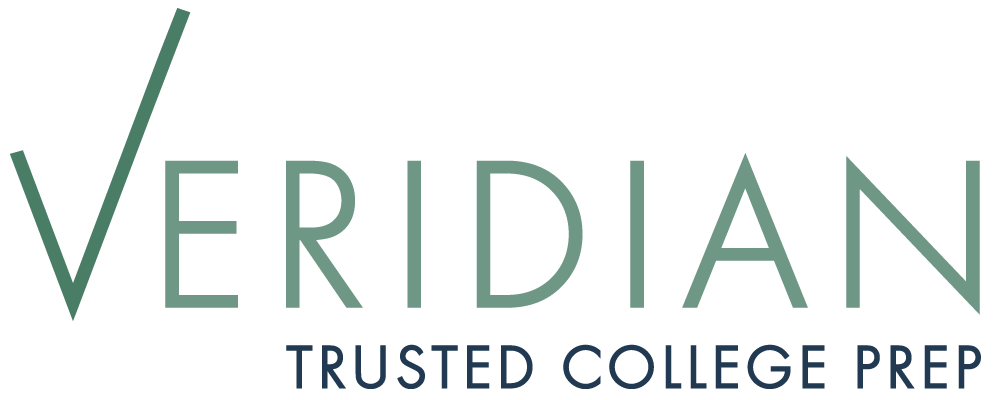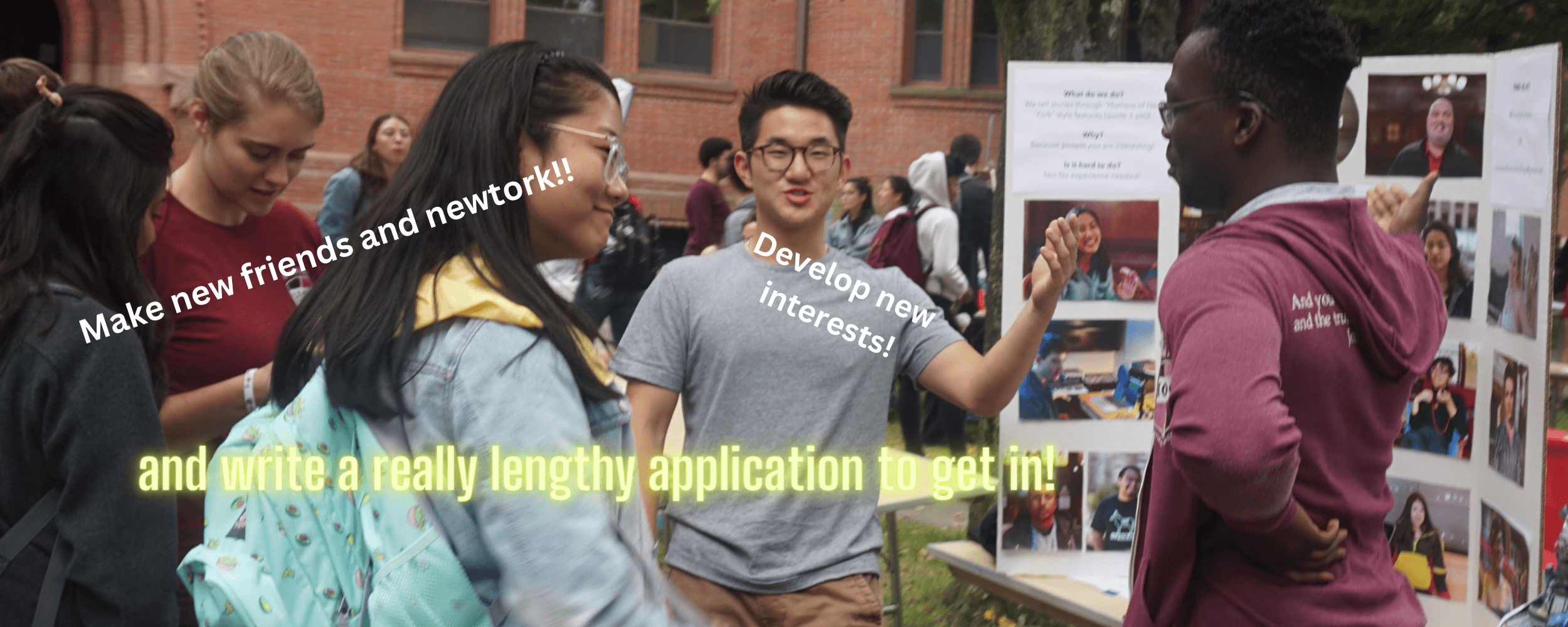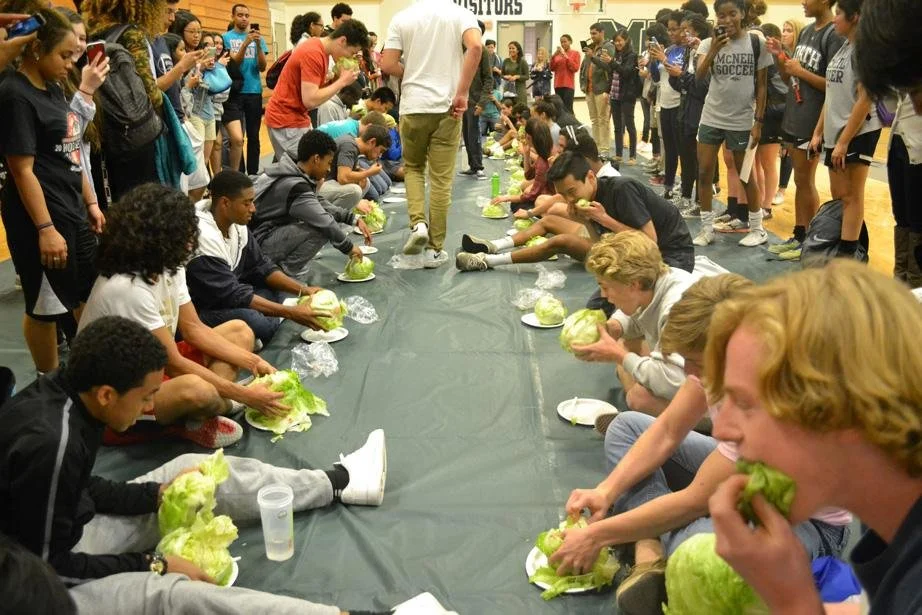Competition To Get Into Selective College Clubs
Think it’s difficult to get into college? Try getting into “selective” college clubs!
by Valerie Erde
You’re not done with competition And applications
You worked really hard and got accepted to your dream school. That’s awesome!
But the competition doesn’t end once you get into college. In fact, the college application process is just the beginning of the competitive nature of life: at colleges and universities and beyond. Most first-year students arrive on campus eager to check out all the cool new extracurricular and academic opportunities that await them and are surprised and dismayed to learn they must apply for all sorts of opportunities — including membership in some clubs. Auditions are to be expected for some performing arts ensembles, but for business or science clubs, and even sometimes community service organizations? At many colleges, acceptance into certain clubs and activities requires a rigorous multi-step application and interview process.
“When incoming freshmen arrive at UCLA for Bruin Day, they are immediately told there are more than 1,000 clubs they can join. What they aren’t told is they probably won’t get into most of them.”
Joining many of the most popular and desirable clubs on campus involves filling out an extensive application. And every club gets to make its own application with multiple stages to it. Some require resumes, cover letters, essays and portfolios. Some students even have to face multiple rounds of interviews, just to be among the single-digit percentage of students who get into a club.””
Good News! College Application skills are transferable Skills!
You will be prepared to take on the competitive college environment and be well served in your life beyond college if you think of the college application as a precursor to all the other applications you will write going forward, whether for clubs, internships, jobs, grad school… (Have you seen a medical school application??)
This is something I love about my work and another reason I find it so rewarding: I know whether it’s teaching students grammar for standardized tests or crafting strong answers to the most common college supplements e.g. “Why do you want to go to our college?” or “Tell us about your intellectual engagement,” I help teens build the research and writing skills that will be vital to their lives in and beyond college: writing winning applications for competitive college clubs, research fellowships or internships, graduate school, and future jobs.
How Can Students prepare for competitive applications?
I recommend a multi-pronged approach to prepare for the realities of club, internship, graduate school, and job applications. You need to know what you’re getting into by learning how to research. Then, you can leverage the writing and resume skills you developed for the college application process and apply them in other contexts.
1. Do Your Research
First, whether you’re trying to decide which colleges to apply to or to attend, what professor’s lab you might want to work in, or what internships or jobs you want to apply for, it’s critical to do your research. Highly selective colleges, clubs, internships often rely on their reputations to attract applicants, but the name alone won’t guarantee your success and happiness. You also need to like living and/or learning there!
2. Improve Your Written and Oral Communications Skills
If you’ve applied to selective colleges, you’ve already written a battery of supplemental essays. Save them all — you may be able to adapt parts to answer specific questions for a club. Even if you can’t reuse the essays, you now know the process for writing a short essay and making it clear, succinct, and memorable. Use them as an example. The more often you write, the easier the process gets.
Likewise, you probably have already built a resume for your college application. If clubs require a CV, all you need to do is update your existing version with any relevant information. You may consider adjusting the language or highlighting your experience to speak directly to the club’s mission or values, but this is basically just an editing job. Updating your resume and LinkedIn every six months is good practice for your future career, too!
3. Ask For Help from– peers, upperclassmen, Advisors, teachers
Recognizing when you need and learning how to ask for help is so important that we wrote an entire blog post about it! Even once you are off on your own at college, take advantage of all the resources available to you!! Most people are happy to help when they can. They can share their own experiences, pass along information, and offer you some advice about your application that could give you an edge.
4. Forge Your Own Path
Can’t get into the club you want? Create your own. Chances are there are other students who have similar interests and, perhaps, also didn’t get into the clubs they wanted. That’s exactly what my own child did when he didn’t get into any of the existing campus finance clubs. Founding his own club – and all the steps that went into that – ended up being one of his most rewarding and professionally valuable experiences of his college experience.
Applying To a Club at Emory University: CASE STUDY
Student Success Story
A former student of mine reached out for help with a club application. A first-year student at Emory, he had no idea he would have to write more essays just to get into clubs! This was a very bright guy, but he found writing challenging. Here were the application questions for one of the clubs he hoped to join: Student Alliance of Health Involvement (SAHI):
1)What specific experiences do you have that furthered health in a community that you belong to? (300 words max) *
2) For the First-Year Liaison position you intend to apply for, how would you like to use your role on SAHI to improve the organization? What attributes/qualities do you look forward to bringing to SAHI? Please use this opportunity to discuss specific ideas you have for this role that would bolster community engagement and SAHI’s presence on campus. (500 words max) *
Just as for college applications supplemental essays, we worked together to break down the questions to discover his personal answers. Then, we worked to get it all organized. And of course, we used all the grammar skills we had built up the previous year. He got in, rose to a leadership position in the organization, and developed the confidence to write his medical school applications!
Final Thoughts
Remember, getting into college isn’t the end — it’s just the start! There will be competition for so many things in life. After all, most people aren’t the only candidate when applying for their dream job. A little competition can be motivating. I have mixed feelings about this competition of getting into clubs, but my personal opinion here doesn’t really matter. Applying to clubs will keep your writing and interviewing skills sharp. You’ll be even better prepared to nail future applications for that summer internship or research grant.
The bottom line? Make sure your college research includes a deep dive into a school’s social life.
And take a deep breath. Your writing skills will serve you well throughout your college career and beyond.
additional reading
Sample of Club Applications
Dartmouth Consulting Club application process
University of Chicago Eckhart Consulting Club
University of Charleston Student Ambassador Application
Yale Alternative Investments (founded by yours truly’s son after he applied to and didn’t get into any finance clubs!)
General article about the competition to get into college clubs by a UPenn professor
“Let’s Kill The Competition,” October 2019, Jonathan Zimmerman, Professor of the History of Education, University of Pennsylvania As appeared in the Chronicle of Higher Ed
Cornell - Redditor comment about Cornell
“I'm getting rejected by so many clubs that I don't even know if I'll be able to get involved in any. I just don't understand why clubs are so selective here like they say they have training and growth opportunities & have members with ‘diverse interests and experiences’ but only choose people who don't even need training and growth.
Like I did an interview today and the interviewers (who were sophomores and juniors) didn't seem to have ANY interest in who I am and what my interests were--they seem to have lost interest when I told them I have no professional experience. I want to join these clubs because I want to develop my professional skills, not to network all day. All these professional/career clubs just seem like a bunch of elites who don't want to work with students like me. I worked my ass off to get into Cornell and I'm just so [(#&%_#*] tired of having to write applications and experience rejection all over again…”
Emory
“College Council’s Club Involvement Poll initiates efforts to promote belonging, involvement in campus clubs.” The Emory Wheel, March 2023.
Harvard
The Unofficial Guide to Harvard
The High Cost of Harvard’s Club Culture, The Harvard Crimson, March 2023
“Comping At Harvard,” The Harvard Crimson, 2017 [“comping” is the term they use at Harvard for the competitive club application process.]
UCLA
“Convoluted club applications inhibit ability of students to join organizations,” The Daily Bruin, April 2019.
U Penn
“Penn first years report frustration with competitive club application process,” The Daily Pennsylvanian, 2022
Club Applications, The One Thing Everyone Does At Penn,” University of Pennsylvania, Admissions Blog, March 2019.
Sample of few aprompts for undergraduate summer jobs/internship
Verdad Capital undergraduate internship program: What is one thing you believe that the vast majority of your peers disagree with? *
City of Boston Mayor’s Office: Please find a solution to a challenge you believe Boston is facing. Describe the challenge, why it needs to be addressed, and way(s) to fix it. (400 word min, 500 word max. Submissions under 400 words will result in the disqualification of your application.)
Woods Hole Oceanographic Institute’s summer Partnership Education Program (PEP) This is one of about 7 prompts! “PEP is looking for students who can be productive, “contributing members of a student group and research laboratory team. What are one or two personal traits or life experiences you will bring to add value to the 2023 PEP cohort?” 350 words max.


